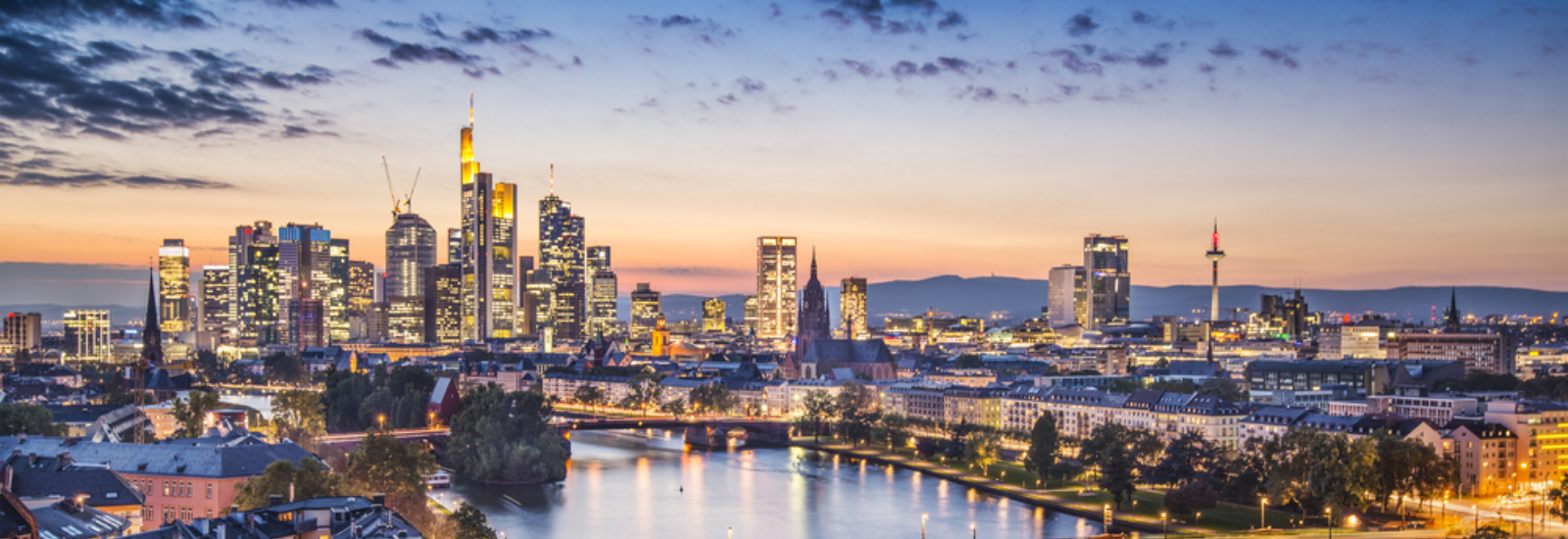Shaping the Sustainable Future of Manufacturing in Germany
In a world changing rapidly, manufacturing as a process has gone beyond turning raw materials into finished products. With the emergence of smart products, fluctuating consumer demands, along with the ever-changing economic factors in production and supply chain, it is evident that the only constant in manufacturing is change. These dynamic factors have pushed manufacturers to innovate their existing business models and explore new ways of creating and capturing business efficiency and value.
As they set the right course towards a truly comprehensive transformation, manufacturers must manifest a business imperative: sustainability. In the wake of the market and regulatory forces and climate change, sustainability thinking must penetrate all levels of manufacturing. From being a zero-sum contest between economic viability and environmental consideration to the crux of manufacturing business strategy, sustainability as a concept has come a long way to address cost pressures, depleting natural resources, aggressive market competition, and consumer and investor demands. Today, the case for sustainability is strong.
Maintaining the German Sustainable Development Strategy (GSDS) as their compass, manufacturing enterprises in Germany have embarked on their journey to achieve sustainable growth and modernization through innovation. Enterprises are committed to accelerated action that will transform their impact on the circular economy, climate protection, biodiversity, sustainable mobility, and other issues in equal measure. However, it is important to note that sustainability is more than just a dominant force such as regulations; it is a necessity to operate, compete, survive, and thrive in today’s economy.
Sustainability as a Competitive Advantage
In the words of Peter Drucker, “Profit is like oxygen. You need it to survive, but if you think that oxygen is the purpose of your life, then you’re missing something.” In the same vein, if manufacturing enterprises are conducting sustainability programs just to comply with regulations, then they are missing something significant.
Driving sustainability initiatives to meet the environmental, social, and governance (ESG) challenges is not the final destination. Enterprises need to realize the benefits of sustainable manufacturing beyond the conventional reporting of sustainability and circularity initiatives that discloses their ESG performance. Manufacturers can exceed market competition, reinforce/revive their brand image, and significantly enhance their products and services through sustainable manufacturing. In doing so, enterprises need to leverage a well-defined strategy to accomplish higher performance and market valuation for sustainable products, improved brand image and returns, and increased investor interest. Once enterprises achieve a more nuanced understanding of the advantages of sustainable manufacturing, they need to dive into the “how” aspect of the equation. Here’s what they must do:
- Align their circular business model with relevant sustainable development goals (SDGs) to generate significant environmental, social and financial value for every stakeholder.
- Implement programs and practices to achieve SDGs.
- Establish a connected enterprise with collaborative industry as well as cross-sector partnerships and ecosystems.
- Monitor and report on progress toward SDGs.
- Invest in radical innovation driven by advanced technologies.
- Creating an organizational culture that supports sustainable innovation.
Sustainability Powered by Technology
To drive sustainable outcomes, enterprises must adopt a stronger framework powered by advanced technologies for a sustainable future in Germany. Through data-led solutions leveraging digital technologies like the internet of things (IoT), artificial intelligence (AI), and industrial IoT (IIoT), enterprises can circumvent challenges and inefficiencies that continue to stifle business growth. Besides, manufacturers are increasingly relying on IT and cloud computing to host, store, and analyze real-time data, thereby enhancing business intelligence, management, and collaboration. While achieving the net-zero goal across Germany demands a complex technological transformation, manufacturers must focus on restructuring their value chains and building and adapting the critical infrastructure. Significant investments in new technologies are paving the way for drastic improvements in operating, energy, and maintenance costs in a manufacturing business. For manufacturers getting started with their sustainable efforts, the challenges stem from adopting and investing in sustainability-supporting technology.
This is where Tech Mahindra is moving the needle. Pursuing ‘Purpose beyond Profits,’ Tech Mahindra empowers manufacturers to embed ESG principles into their core strategy and maintain a balance between sustainability and overall business profitability. Our differentiated thought leadership, in-depth industry, product, and enterprise knowledge and expertise have been instrumental in establishing business models and technology solutions that are benchmarked against industry standards.










